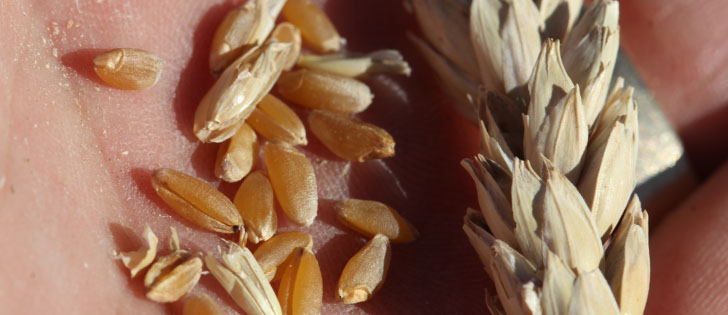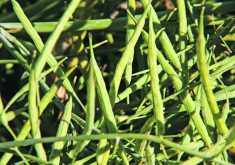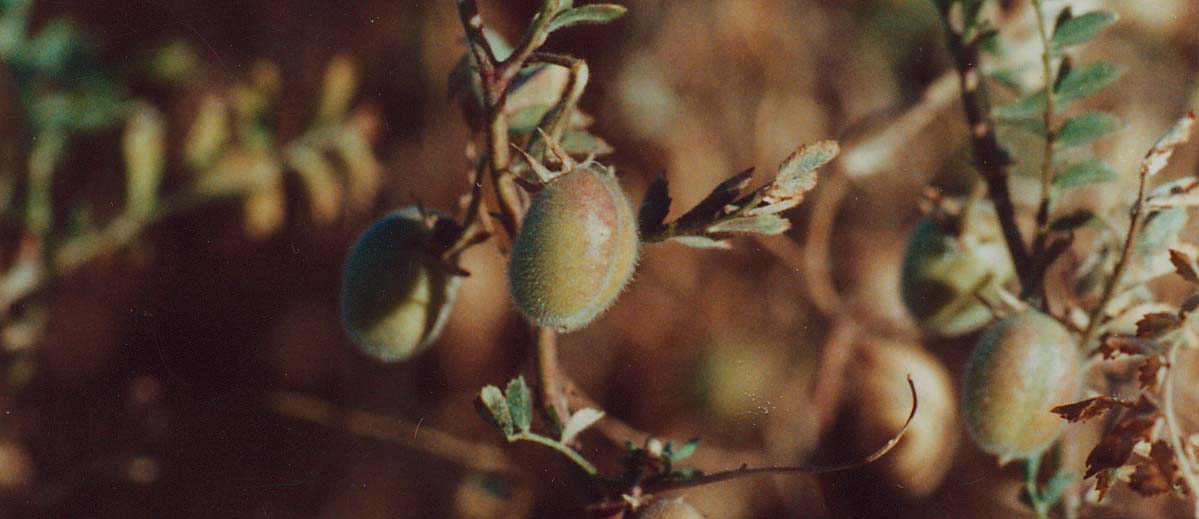The annual game of Parliament Hill chicken started again this week and unexpectedly, prairie farmers expecting a tax break on livestock sales forced by drought or flooding are caught up in the contest.
On Sept. 18, the House of Commons will vote on a Conservative money bill that will trigger the fourth election in five years if defeated.
It “extends the existing tax deferral available to farmers in prescribed drought regions to farmers who dispose of breeding livestock because of flood or excessive moisture and describes the regions prescribed either as eligible flood or drought regions from 2007 to 2009,” said a departmental statement.
Read Also

U.S. government investigates high input costs
The USDA and DOJ are investigating high input costs, but nothing is happening in Canada.
Included in the bill are rebates on home renovations that have proven highly popular with Canadians, many of whom already have spent their renovation money on the assumption the rebate would be coming.
Liberals say they will vote against it to try to get rid of the Conservative minority government. Leader Michael Ignatieff insists the party does not oppose the proposals but opposes the government.
He says a Liberal government would re-enact the tax breaks for homeowners.
Either the NDP or the Bloc Québécois will have to support the government or it will fall.
At press time Sept. 14, NDP leader Jack Layton was signalling that his caucus may provide the necessary support although other confidence votes will follow in October.
The fall session of Parliament began Sept. 14 with warnings from the Conservatives that an opposition-triggered election would inject uncertainty into government programs aimed at helping Canada crawl out of a recession.
Agriculture minister Gerry Ritz said in a Sept. 14 interview the government would like to use the winter parliamentary session to introduce changes to the Canadian Food Inspection Agency legislation to strengthen its ability to react to food-borne illness outbreaks.
The government has scheduled a resumption of debate on its controversial plans to reform the Canada Grains Act and the Canadian Grain Commission.
And Ritz said that in co-operation with the Canadian Wheat Board, he plans to introduce amendments to the CWB Act that would “clean up” its election process, strike from voters’ lists thousands of farmers with little or no economic stake in the board and ensure that CWB elections adhere more to Elections Canada rules.
He suggested an election campaign could delay government action to get loans and buyout money to the Canadian hog industry.
Liberal agriculture critic Wayne Easter insisted the party that has propped up the Conservatives since its October 2008 election no longer can do it.
“We just can’t continue to support these guys,” he said.
And prairie farmers need not worry about the tax deferrals if the Liberals win an election that could come by November, he said.
“I think we can easily explain ourselves to producers if it comes to that,” Easter said Sept. 14. “If anyone has a record of farm policy failure, it is this government.”














